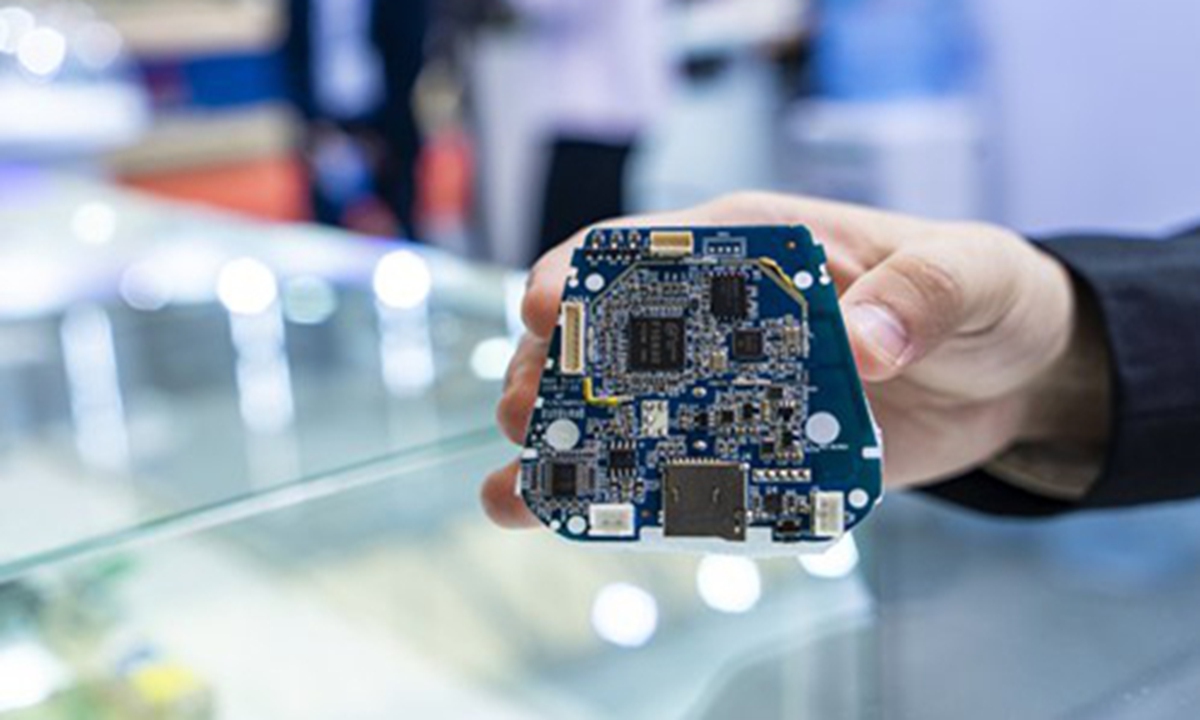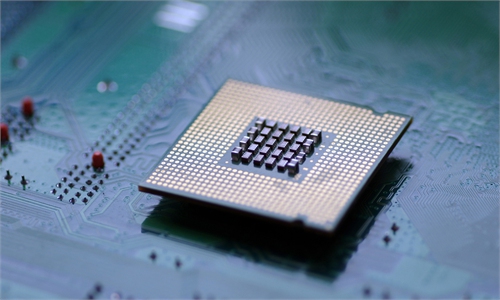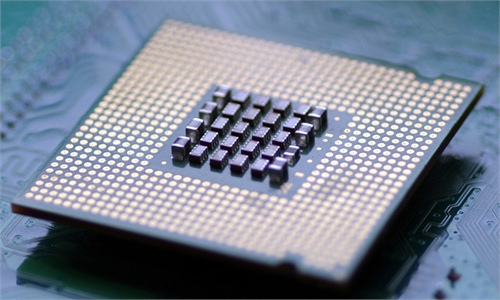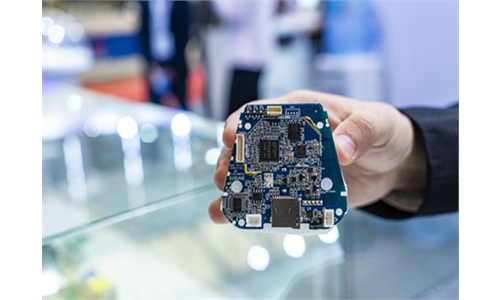
Photo: VCG
Ni Guangnan, an academician of the Chinese Academy of Engineering (CAE), said on Sunday at a forum that China's Ministry of Commerce is likely to veto US major chipmaker Nvidia's acquisition of British chip designer Arm.Nvidia announced weeks ago to acquire Arm from Japan's SoftBank for $40 billion, which could be the largest-ever deal in the semiconductor industry. But the deal still needs regulatory approvals from the UK, China, the EU and the US to go through.
Since the news broke out, there have been considerable calls in China for the relevant regulators to block the deal in order to keep Arm "neutral," given the US push for economic and technological decoupling from China.
In fact, the backlash to the Softbank-Nvidia deal is not just limited to players in the Chinese technology industry, there are also voices arguing that the deal would do more harm than good for the UK economy. Even Hermann Hauser, a co-founder of Arm, called the proposed deal between Softbank and Nvidia a "disaster."
In an open letter to UK Prime Minister Boris Johnson, Hauser asked the British government to stop the deal, or impose "legally binding conditions" to it.
The overwhelming opposition or concern over the deal was enough to suggest that the timing of the acquisition couldn't be worse in the context of the US-China tensions and US persistent suppression of leading Chinese technology companies.
There is no need for Britain to see one of its technology champions to be dragged into a geopolitical crossfire, which would not only undermine its neutrality that has long been contributing to its cooperation with the world's major tech giants, but also cast a shadow over its future business operations.
Stakes are high over the Arm deal, because there are only two main chip architectures in the world, namely those of Intel and Arm. Anyone with the basic knowledge of the chip-making industry are upset at the thought of putting the heart of the digital economy under American sway.
It is true that there is no incentive for Nvidia to see Arm lose business partners once the deal gets through. And Nvidia CEO Jensen Huang has reportedly promised to keep Arm's business base in Cambridge, to hire more people and to retain Arm's brand. But the US government has a history of putting its political interests above commercial principles by making strong interference in the normal operation of companies.
The potential TikTok deal is sufficient to indicate how far the US government is willing to go to obtain an upper hand in the digital economy, and no one can doubt its ambition.
It is beyond our imagination how the US government would abuse its technological hegemony after seizing enough strategic assets. Thus, once Arm is put under American ownership, it is questionable whether Nvidia will have the ability to abide by its promises or any other legally binding terms.
In this sense, relevant authorities, especially those in the UK, should take US' administrative interference into account. Arm is not a normal commercial asset, but a strategic one, which means a lot to the UK industrial base and employment in the post-Brexit era. Therefore, all parties should give it serious consideration from the perspective of their own digital development in the long run.



